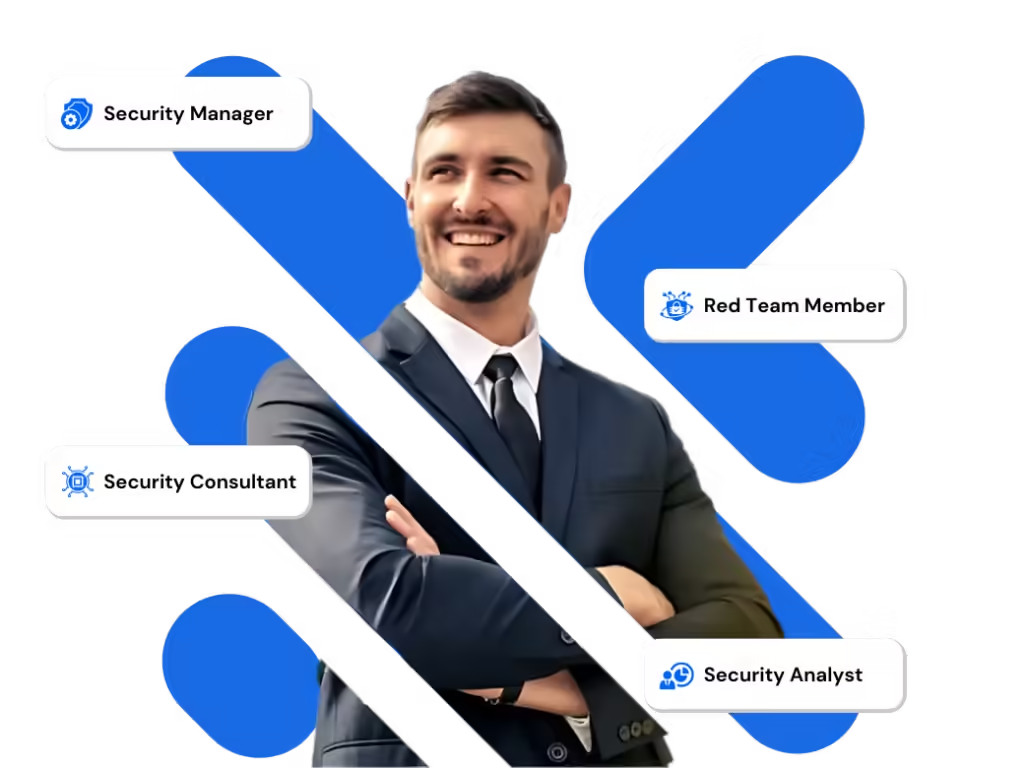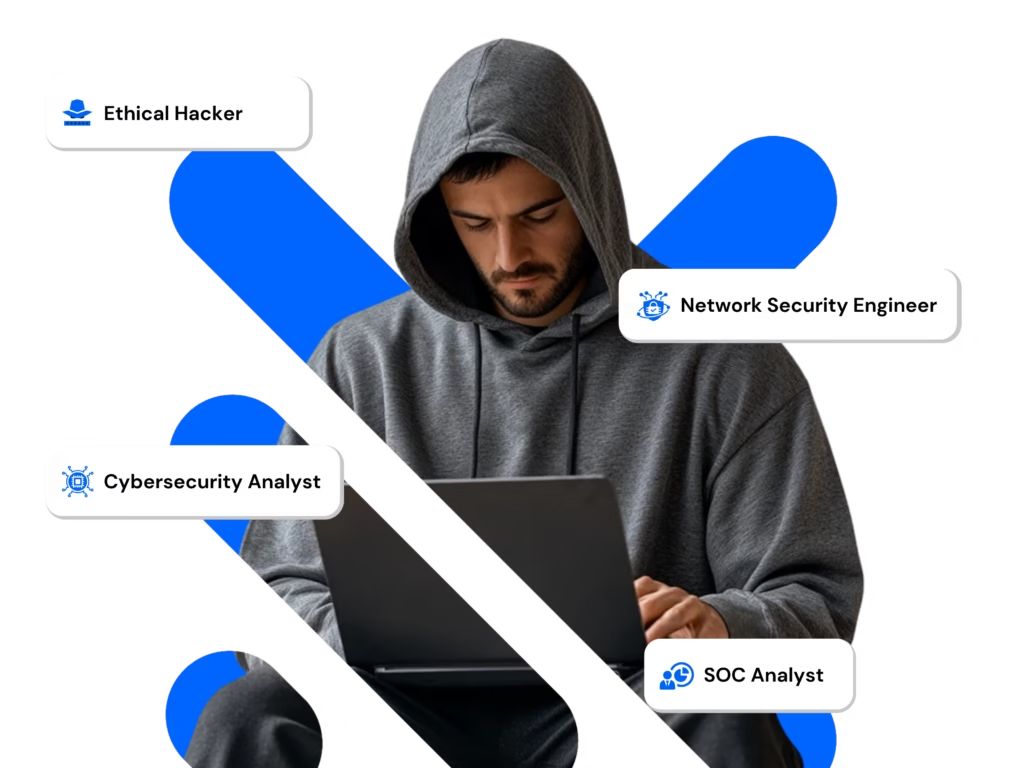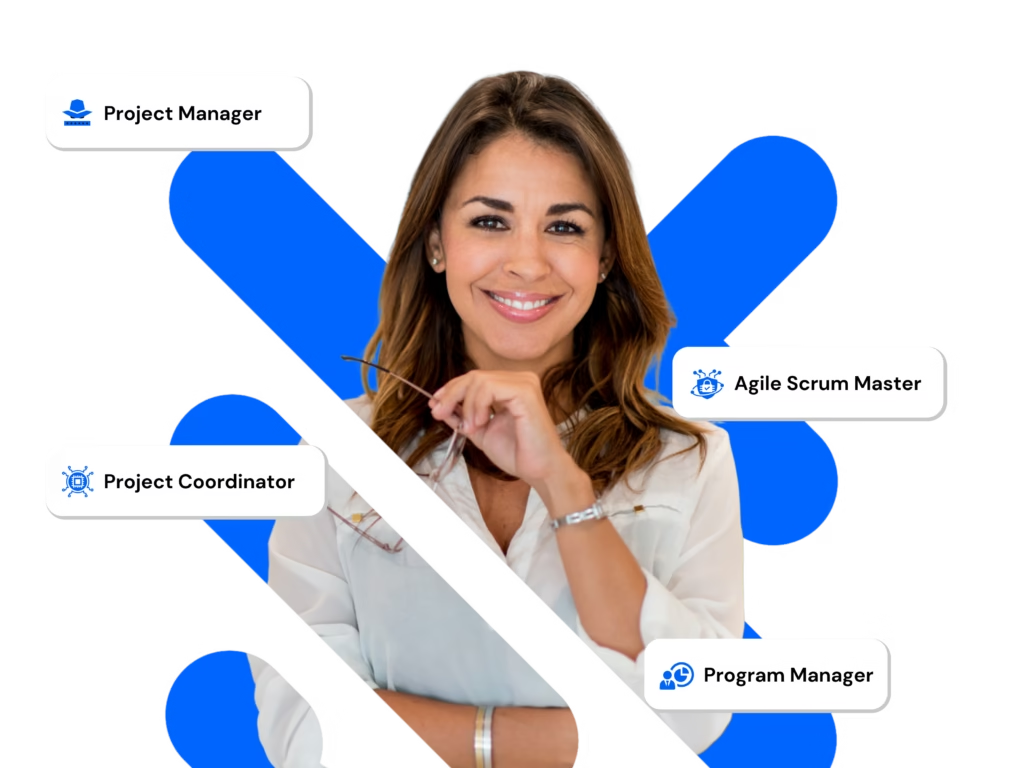Table of Contents
What is cloud computing?
Cloud Computing Course in Dehradun: Cloud computing is a transformative technology that allows access to shared resources like storage, servers, and applications over the internet. These resources are securely hosted in global data centers, making them accessible to anyone, anytime. It offers significant benefits, including cost savings, scalability, and resource efficiency eliminating the need for expensive on-site infrastructure. For those looking to build a career in this booming field, enrolling in a Cloud Computing Course in Dehradun is a smart choice. Understanding cloud computing course details like the tools, platforms, and security measures covered ensures you’re equipped with in-demand skills.
Plus, knowing what the course fee for cloud computing helps is you find a program that fits your budget. If you’re wondering which cloud computing course is best, popular certifications like AWS, Microsoft Azure, and Google Cloud are widely recognized by employers. Cloud computing course duration typically ranges from a few months to a year, allowing flexibility based on your learning pace, With the right training, you’ll be ready to pursue high-demand cloud computing jobs and grow in this fast-evolving industry.
About the course
Cloud computing is an accessible facilities consumption and supply stage that delivers on-request computing facility for shared pool of capitals, applications, database, software, storage, networking and namely servers etc. over the Internet. It is perfect for allowing ubiquitous, on-demand contact to a shared pool of configurable computing capitals, which can be quickly provisioned and free with slight organization effort. This course will present numerous features of cloud computing, counting future research trends, security challenges, management issues and fundamentals. This will assist students (both UG and PG levels) and investigators to use and discover the cloud computing stages.
Types of cloud computing
There are numerous kinds of cloud computing and methods to deliver cloud services. Cloud computing facilities may be combination of the two public, private or public cloud computing deals capitals that are available on the internet and can be shared through different administrations. Examples of public cloud computing facilities contain Google Cloud Platform, Microsoft Azure and Amazon Web Services. On the other hand, private cloud computing is in-house set-up that is constructed and owned by a exact association. Hybrid cloud computing assimilates private and public facilities.

The three key types of cloud computing facility models contain:
| Cloud Service Model | Description |
|---|---|
| Infrastructure as a Service (IaaS) | Provides access to networking features, virtual or physical servers, allowing organizations to run applications and store data. |
| Platform as a Service (PaaS) | Offers a ready-to-use cloud platform for developing, running, and managing applications. |
| Software as a Service (SaaS) | Delivers cloud-hosted software (e.g., web-based email), managed and maintained by the service provider. |
These facilities can be used in tandem, and numerous administrations use more than one model.
Uses of cloud computing
Cloud computing can be Utilized for a range of uses. Below are some illustrations of uses of cloud computing?
- Developing and testing applications
- Storing and analyzing data
- Streaming media content
- Providing software solutions
Cloud Computing Course Details
A well-structured cloud computing course covers everything from the fundamentals to advanced cloud architecture. Here’s what you can expect to learn:
- Cloud Computing Fundamentals — Understanding cloud models like IaaS, PaaS, and SaaS.
- Virtualization and Networking — learn how cloud networks operate and how to configure them.
- Cloud Service Providers — deep dive into platforms like Amazon Web Services (AWS), Microsoft Azure, Google Cloud Platform (GCP), and more.
- Security and Compliance — Master cloud security best practices to protect data and applications.
- DevOps and Cloud Integration — Understand how DevOps practices enhance cloud performance and scalability.
Which Cloud Computing Course is best?

The best cloud computing course depends on your career goals. Some top certifications included in Dehradun’s cloud computing training programs are:
- AWS Certified Data Analytics Specialty | DAS-C01
- AWS Certified Solutions Architect Associate | SAA C03
- AWS Cloud Practitioner (CLF-C02
- Google Associate Cloud Engineer Certification (GCP-ACE)
- AWS Certified Security Specialty | SCS-C02
- AZ-104 Microsoft Azure Administrator Training
These certifications not only boost your resume but also enhance your expertise in managing diverse cloud platforms.
Cloud Computing Course Duration
The duration of a Cloud Computing Course in Dehradun typically ranges from 3 to 6 months, depending on the level — beginner, intermediate, or advanced. Some fast-track courses can be completed within a month, making them ideal for working professionals.
What is the Course Fee for Cloud Computing?
The cloud computing course fee in Dehradun varies based on the program’s depth and the certifications included. On average, fees range between ₹20,000 to ₹80,000. Many institutes also offer EMI options or discounts for early registrations.
Cloud computing course curriculum
Cloud computing classes enclose an extensive variety of topics from cloud computing organization to cloud management. Trainings might also touch on the responsibilities and task of a cloud engineer. Online courses for cloud computing variety from beginner-level classes to more innovative choices some courses deal the possible for students to receive a cloud computing certification.
In starting cloud computing courses, students might become acquainted with ideas counting the profits of cloud computing, cloud security, trends in cloud computing and cloud infrastructure. By the end of the cloud computing class, learners will be clever to answer the query “How does cloud computing work?
Innovative cloud computing classes might emphasis on subjects such as the private cloud management, developing applications specific to cloud services, artificial intelligence and intersections of cloud computing
Discover cloud computing jobs

The arena of cloud computing is rising as businesses move further of their infrastructure to the cloud, building more demand for specialists in cloud computing. Cloud computing job titles contain
- Cloud security manager.
- cloud computing engineer
- cloud architect
- cloud administrator
- cloud systems developer
How to become a cloud administrator
Cloud administrators assists administrations preserve their cloud infrastructure, counting arranging cloud requests, troubleshooting cloud computing problems, and defensive an administration’s cloud safety. To study cloud computing and the essentials of the arena, network and computer systems managers normally get at least a bachelor’s degree in a subject such as info science. Some cloud administrator’s comprehensive a boot camp.
For those looking to build a career in this field, enrolling in a Cloud Computing Course in Dehradun can provide practical skills and industry-relevant knowledge. Understanding cloud computing course details — including the tools, technologies, and security practices covered — helps aspiring professionals gain an edge.
They can also get a bachelor’s degree platform in computer or data science, over some might get a master’s in data science or connected arenas. To become a cloud administrator, technology professionals normally have numerous years of knowledge working with cloud computing facilities. In adding to formal education and work knowledge, cloud managers frequently own skills counting robust technical information of cloud-based utensils and facilities, data organization, problem-solving, and analytical abilities.
Explore More: How to Prepare for AWS SAP on AWS Certification
FAQ
What skills will I gain from a cloud computing course?
You’ll learn essential skills like cloud architecture, virtualization, security management, data storage, server configuration, and handling cloud platforms like AWS, Azure, and Google Cloud. You’ll also develop problem-solving and analytical skills — crucial for cloud-based roles.
Are practical projects included in the cloud computing course?
Yes! Most courses in Dehradun include hands-on labs and real-world projects. You might work on deploying virtual machines, setting up cloud storage, creating databases, and securing cloud environments.
Will I get a certification after completing the course?
Yes, many institutes provide a completion certificate. Additionally, you can prepare for globally recognized certifications like AWS Certified Solutions Architect, Microsoft Azure Administrator, Google Associate Cloud Engineer, and CompTIA Cloud+ to boost your career.
How much can I earn after completing a cloud computing course?
Salaries vary based on your role and certification. In India, entry-level cloud roles start around ₹4-6 LPA, while experienced professionals like Cloud Architects earn ₹15 LPA or more. International salaries are even higher!





